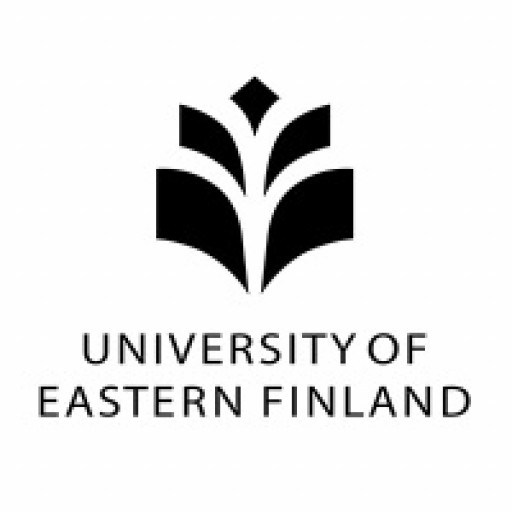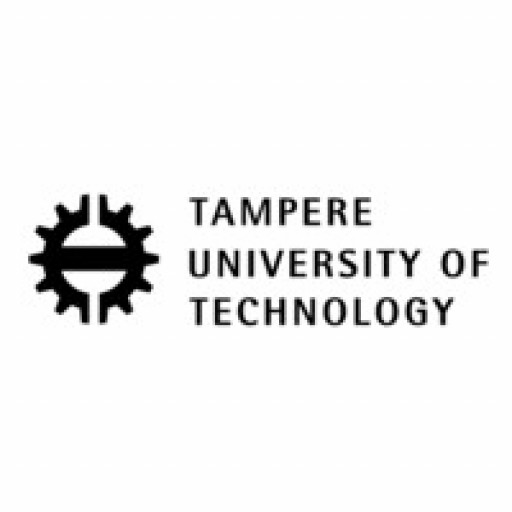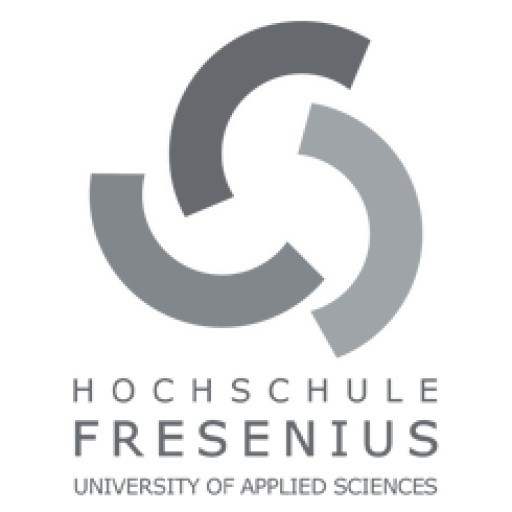Photos of university / #uniuef
The Master’s Degree in Biomedicine at the University of Eastern Finland offers students an in-depth and comprehensive education in the field of biomedical sciences, equipping them with the skills and knowledge necessary to understand the complex mechanisms of human health and disease. This multidisciplinary programme combines principles from biology, chemistry, medicine, and technology to prepare graduates for diverse careers in research, healthcare, pharmaceuticals, and biotechnology industries. Throughout the programme, students engage in rigorous coursework covering core topics such as molecular biology, cell biology, physiology, pharmacology, medical imaging, and biomedical research methods. The curriculum emphasizes both theoretical understanding and practical skills, featuring laboratory work, project-based learning, and collaboration with industry partners to provide real-world experience. Students are encouraged to develop analytical thinking, problem-solving abilities, and research competencies, enabling them to critically evaluate scientific literature and to conduct original research projects. The programme also emphasizes internationality and interdisciplinary collaboration, reflecting the global nature of biomedical research and healthcare innovations. Graduates from the programme are well-prepared for further doctoral studies or for careers in research institutions, medical universities, pharmaceutical companies, and healthcare organizations. The University of Eastern Finland’s state-of-the-art facilities and research infrastructure provide an excellent environment for learning and discovery. Students benefit from experienced faculty members who are active researchers in their fields, offering mentorship and guidance throughout their studies. Additionally, the programme promotes a versatile skill set that includes effective communication, teamwork, and ethical considerations in biomedical research and practice. By the end of their studies, graduates possess a solid foundation in biomedical sciences, an understanding of emerging technologies, and the professional skills needed to contribute to advancements in medicine and healthcare. The Master’s Degree in Biomedicine prepares students not only for successful careers but also for lifelong learning and active participation in scientific and technological development within the biomedical field.
The master level studies focus on Molecular Medicine, i.e. on the principles of disease development, diagnostics, and the treatment at the molecular and cellular level.
Biomedicine MSc graduates
- possess a firm knowledge of the molecular mechanisms of human disease
- are capable of interlinking molecular processes behind the pathological changes in human tissues and whole body
- are capable of interpret and make computer-assisted analyses of genomic and medical information (bioinformatics).
- are 'Networked' to the biomedical community
- have skills for reporting biomedical information; both to the research community and the general public
Students eligible to apply should have at least Bachelor's or equivalent degree in an applicable field (e.g., biochemistry, cell biology, molecular biology, biomedicine) corresponding to at least 3 years' of full‐time academic studies (equivalent of 180 ECTS credit units in the Finnish university system) obtained at an internationally recognized and accredited university or higher education institution (excluding Bachelor`s degree from either the University of Applied Science or Polytechnic). Applicants must demonstrate excellent skills of English language. A letter of motivation and recommendations from two referees are also reguired.
Note that biological, environmental, medical, veterinarian or pharmacy studies, as such, do not give adequate knowledge-base to BIOMED MSc studies. For successful study performance a more comprehensive foundation about biochemistry and gene regulation/function is needed
Scholarships are awarded for two academic years with the stipulation that the student must have completed 55 ECTS credits per academic year. The Academic Rector may award a discretionary scholarship for the second academic year to those students who sought but were not successful in receiving a scholarship for their first year. The prerequisite number of study credits relating to the progress of students in their first academic year is also applied to discretionary scholarships.
There is no separate application for scholarship. All applicants need to complete the Student Application Form. Those applicants who are applying for a scholarship need to additionally complete the “Application for Scholarship,” which can be found at the end of the Student Application Form. The decision about the scholarship is made in conjunction with student admission, and the student is notified of the outcome in the letter of acceptance.
The scholarship does not cover living costs. Students are expected to cover all living expenses (app. 800 € per month) and other study related costs from their own financial resources.
The Master’s Degree Programme in Biomedicine at the University of Eastern Finland provides students with a comprehensive education in the field of biomedical sciences. The programme aims to equip students with essential knowledge and skills in understanding human biology, disease mechanisms, and potential therapeutic approaches. Throughout the coursework, students explore various aspects of cell and molecular biology, genetics, physiology, and biochemistry, gaining an in-depth understanding of how biological systems function and how they can be manipulated for medical benefit. The programme also emphasizes research skills, critical thinking, and problem-solving abilities, preparing graduates for careers in research, healthcare, or the biotech industry.
The programme typically offers a combination of lectures, laboratory work, seminars, and project-based learning, fostering a practical understanding of biomedical techniques and research methods. Students have the opportunity to participate in cutting-edge research projects, often collaborating with faculty members who are active researchers in their fields. The curriculum often includes courses on biomedical research methods, data analysis, and scientific communication, ensuring graduates are well-prepared to present and publish their scientific findings.
Students may also have access to the university’s modern laboratories and research facilities, which enhance their practical training. The programme is designed to provide a solid foundation for those intending to pursue PhDs or careers in biomedical research, pharmaceuticals, or healthcare industries. The interdisciplinary nature of the programme integrates knowledge from biology, medicine, and technology, reflecting the interconnectedness of these disciplines in modern biomedical research.
Career prospects for graduates of the Biomedicine programme include research positions in academic or industrial contexts, roles in healthcare and diagnostics, pharmaceutical companies, or further academic studies towards doctoral degrees. The programme is conducted in English, attracting international students and fostering a diverse learning environment. Graduates are equipped not only with scientific expertise but also with the ability to operate in multidisciplinary teams and communicate scientific ideas effectively in international settings.
The University of Eastern Finland’s Biomedicine programme emphasizes the importance of innovation and entrepreneurship, encouraging students to develop ideas that can contribute to medical advancements and improve human health. Overall, the programme offers a challenging and rewarding educational experience for students passionate about biomedical sciences and committed to advancing medical research and healthcare solutions.









